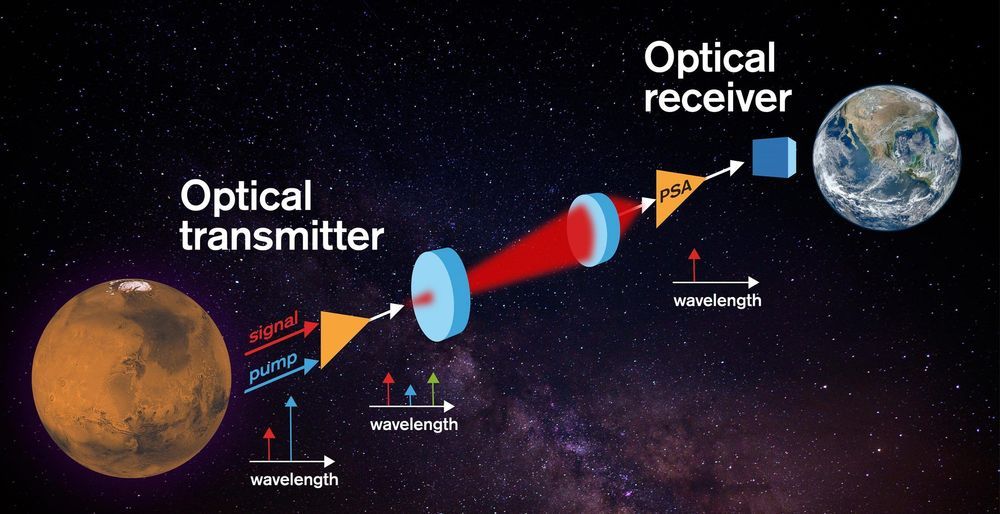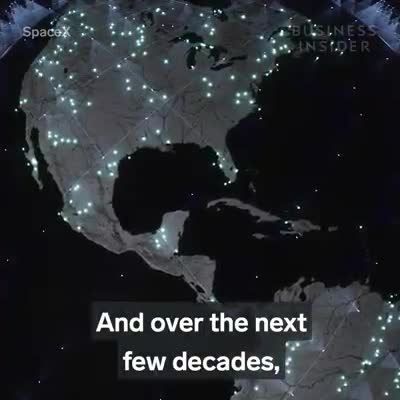Communications in space demand the most sensitive receivers possible for maximum reach, while also requiring high bit-rate operations. A novel concept for laser-beam based communications, using an almost noiseless optical preamplifier in the receiver, was recently demonstrated by researchers at Chalmers University of Technology, Sweden.
In a new paper published in the scientific journal Nature: Light Science & Applications, a team of researchers describes a free-space optical transmission system relying on an optical amplifier that, in principle, does not add any excess noise — in contrast to all other preexisting optical amplifiers, referred to as phase-sensitive amplifiers (PSAs).
The researchers’ new concept demonstrates an unprecedented receiver sensitivity of just one photon-per-information bit at a data rate of 10 gigabits per second.







